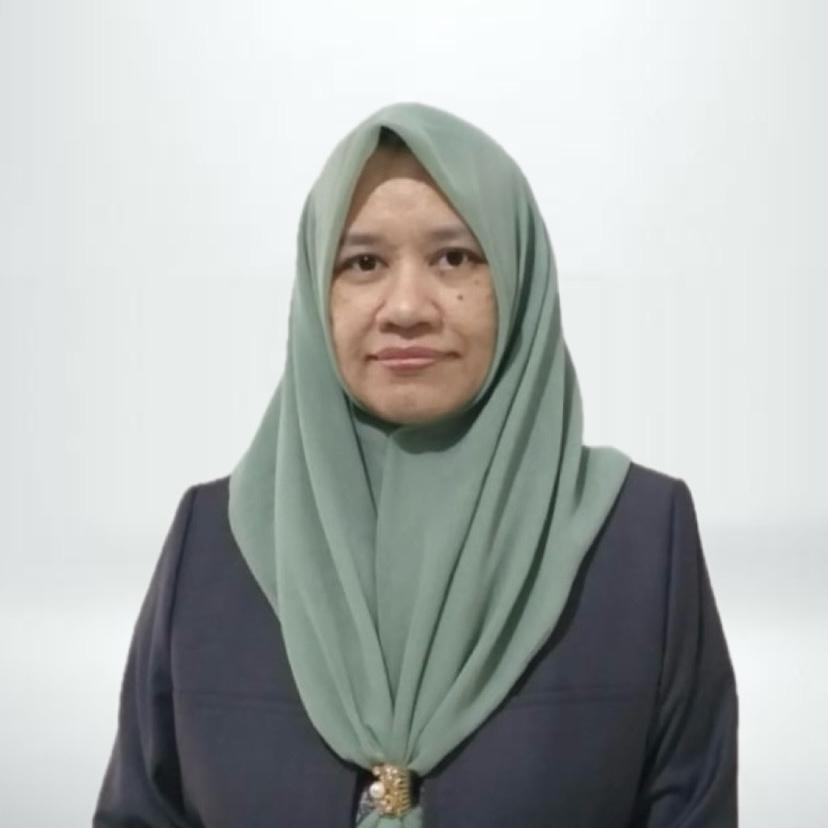THE MEANING OF QUALITY OF ACCOUNTING LEARNING IN THE PANDEMIC TIME COVID 19 (INTERPRETATIVE STUDY AT THE HEAD OF PTM ACCOUNTING STUDY PROGRAM IN INDONESIA)
Downloads
Almarzooq Z., Lopes M., Kochar A. (2020) Virtual learning during the COVID-19 pandemic: a disruptive technology in graduate medical education. Introduction: Changing Tourism in the Cities of Post-communist Central and Eastern Europe
Chan, S. C. H., & Ngai, E. W. T. (2012). Electronic Learning Systems in Hong Kong Business Organizations: A Study of Early and Late Adopters. Journal of Education for Business, 87(3), 170–177. https://doi.org/10.1080/08832323.2011.586005
CreÅ£an, R., & Light, D. (2020). COVID-19 in Romania: transnational labour, geopolitics, and the Roma' outsiders.'Eurasian Geography and Economics, 00(00), 1–14. https://doi.org/10.1080/15387216.2020.1780929
Donthu, Naveen, and Anders J Journal of Business Research Gustafsson. 2020. Effects of COVID-19 on business and research.
FavaleThomas , Francesca Soro, Martino Trevisan, Idilio Drago,and Marco Mellia. 2020. Campus traffic and e-Learning during COVID-19 pandemic
https://doi.org/10.1016/j.comnet.2020.107290
Halawi, L. A., McCarthy, R. V., & Pires, S. (2009). An Evaluation of E-Learning on the Basis of Bloom's Taxonomy: An Exploratory Study. Journal of Education for Business, 84(6), 374–380. https://doi.org/10.3200/JOEB.84.6.374-380
HeyangTuomeiciren& Rose Martin. 2020. A reimagined world: international tertiary dance education in light of COVID-19
https://doi.org/10.1080/14647893.2020.1780206
Hoang Van Minh, Hong Hanh Hoang, Quynh Long Khuong, Ngoc Quang La &Thi Tuyet Hanh Tran. 2020. Describing the pattern of the COVID-19 epidemic in Vietnam
https://doi.org/10.1080/16549716.2020.1776526
Gel Yulia R, R Jeanette O'Hara Hines, He Chen, Kimihiro Noguchi, Vivian Schoner. 2014. Developing and Assessing E-Learning Techniques for Teaching Forecasting
Kapasia et.al. 2020. Impact of lockdown on learning status of undergraduate and postgraduate students during COVID-19 pandemic in West Bengal, India
https://doi.org/10.1016/j.childyouth.2020.105194
Krishnamurthy, S. (2020). The future of business education: A commentary in the shadow of the Covid-19 pandemic. Journal of Business Research, 117(May), 1–5. https://doi.org/10.1016/j.jbusres.2020.05.034
Kumar, V., & Nanda, P. (2018). Social Media in Higher Education. International Journal of Information and Communication Technology Education.
https://doi.org/10.4018/ijicte.2019010107
Malan, M. (2020). Engaging students in a fully online accounting degree: an action research study. Accounting Education, 1–19.
https://doi.org/10.1080/09639284.2020.1787855
Marzuki, M. M., Majid, W. Z. N. A., Shukri, R. S. M., Zawawi, M. Z. M., & Bakar, H. A. (2020). 4P-Model of accounting learning process: The role of mobile apps technology among non-accounting students. Journal of Education for Business, 95(6), 384–392. https://doi.org/10.1080/08832323.2019.1666787
Mhlanga David, &Tankiso Moloi. 2020.COVID-19 and the Digital Transformation of Education: What We Are Learning in South Africa
https://doi.org/10.20944/preprints202004.0195.v1
Moorhouse Benjamin. 2020. Adaptations to a face-to-face initial teacher education course ‘forced' online due to the COVID-19 pandemic http://doi.org/10.1080/02607476.2020.1755205
Nguyen, K. D., Enos, T., Vandergriff, T., Vasquez, R., Cruz, P. D., Jacobe, H. T., & Mauskar, M. M. (2020). Opportunities for education during the COVID-19 pandemic. JAAD International, 1(1), 21–22. https://doi.org/10.1016/j.jdin.2020.04.003
Pavel Adina Petruta, Andreas Fruth, Monica Nicoleta Neacsu. 2015. ICT and E-Learning – Catalysts for Innovation and Quality in Higher Education https://doi.org/10.1016/S2212-5671(15)00409-8
Rinaldi, L., Cho, C. H., Lodhia, S. K., Michelon, G., & Tilt, C. A. (2020). Accounting in times of the COVID-19 pandemic: a forum for academic research. Accounting Forum, 0(0), 1–4. https://doi.org/10.1080/01559982.2020.1778873
Ritter, T., & Pedersen, C. L. (2020). Analyzing the impact of the coronavirus crisis on business models. Industrial Marketing Management, 88(May), 214–224. https://doi.org/10.1016/j.indmarman.2020.05.014
Smith, D. E., & Mitry, D. J. (2008). Investigation of Higher Education: The Real Costs and Quality of Online Programs. Journal of Education for Business, 83(3), 147–152. https://doi.org/10.3200/JOEB.83.3.147-152
Talebian Sogol, Hamid MovahedMohammadi, AhmadRezvanfar. 2014. Information and Communication Technology (ICT) in Higher Education: Advantages, Disadvantages, Conveniences and Limitations of Applying E-learning to Agricultural Students in Iran
https://doi.org/10.1016/j.sbspro.2014.09.199
Xiangqian, L., & Fuqing, G. (2012). Development-Driven E-learning Education Model and Application in Teaching Information Technology. IERI Procedia, 2, 854–858. https://doi.org/10.1016/j.ieri.2012.06.182
Xue, E., Li, J., Li, T., & Shang, W. (2020). How China's education responses to COVID-19: A perspective of policy analysis. Educational Philosophy and Theory, 0(0), 1–13. https://doi.org/10.1080/00131857.2020.1793653
Authors who publish with Berkala Akuntansi dan Keuangan Indonesia agree to the following terms:
The journal allows the author to hold the copyright of the article without restrictions.
The journal allows the author(s) to retain publishing rights without restrictions
The legal formal aspect of journal publication accessibility refers to Creative Commons Attribution (CC BY NC SA)

BAKI (Berkala Akuntansi dan Keuangan Indonesia) is licensed under a Creative Commons Attribution-NonCommercial-ShareAlike 4.0 International License.


















